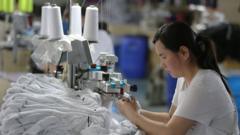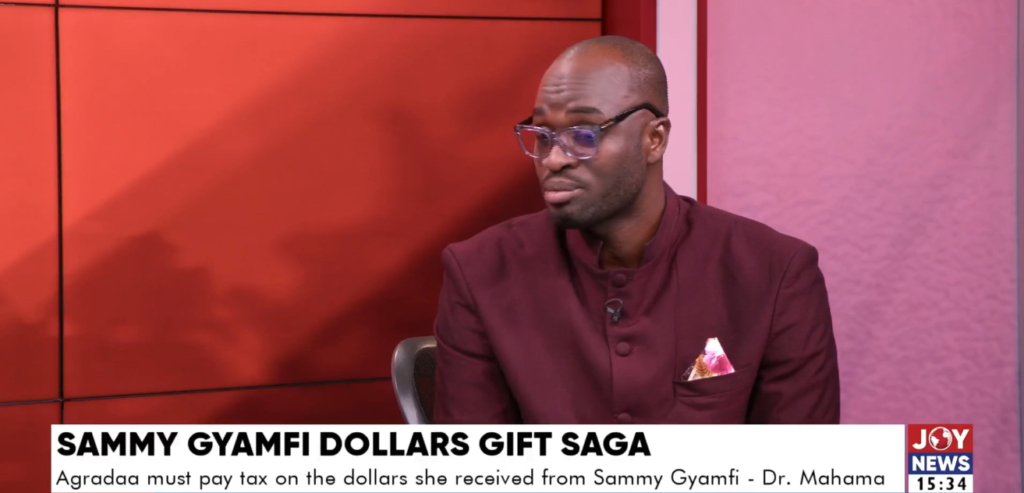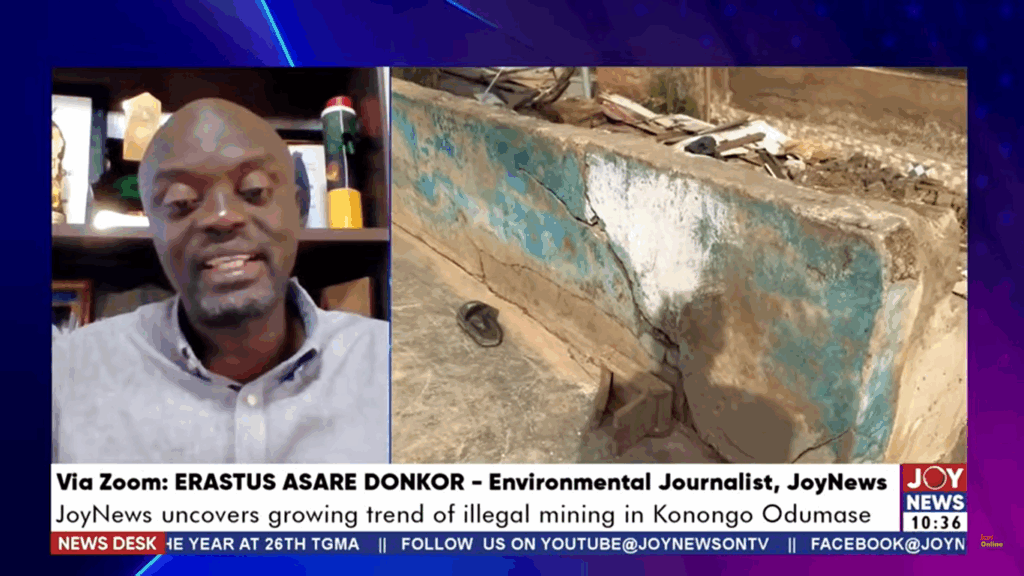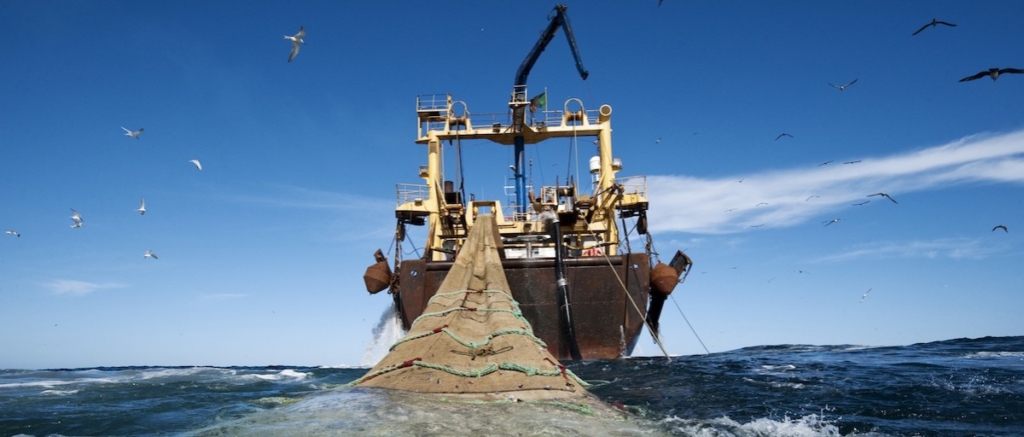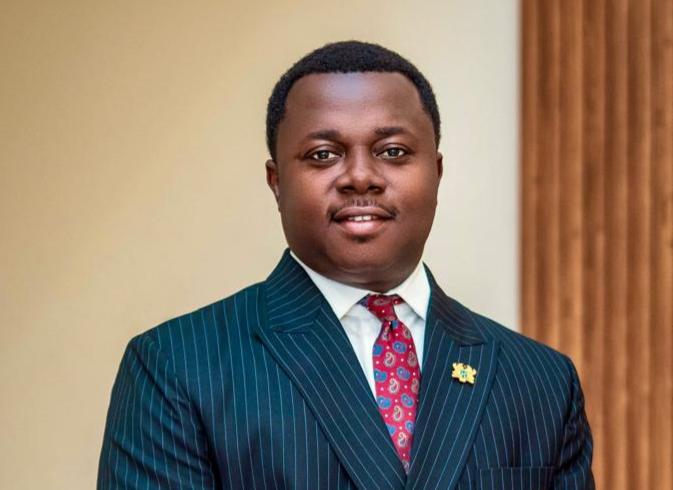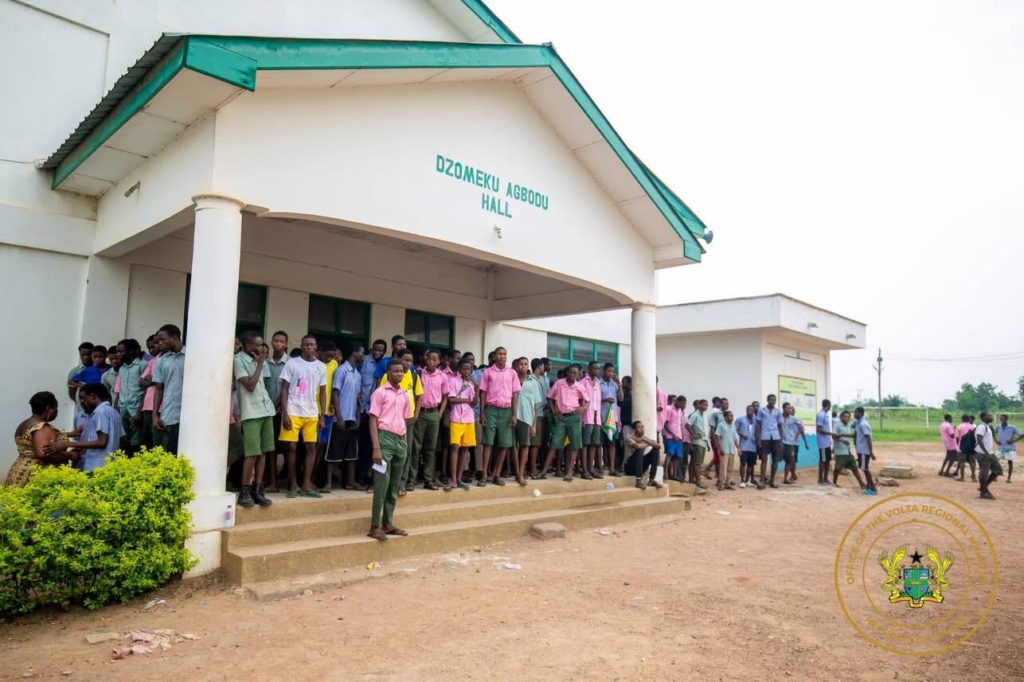US Treasury Secretary Scott Bessent says that the US and China have made “substantial progress” on de-escalating the trade war as high-level talks wrapped in Geneva, Switzerland.
Bessent and China’s vice-premier He Lifeng have been engaged in secretive closed-door discussions all weekend, in the first meeting since US President Donald Trump levied steep tariffs against in January.
The treasury secretary did not elaborate on what had been agreed to, but said details would be announced on Monday and that Trump had been updated.
On Saturday Trump praised the talks for engendering a “total reset” on the relationship between the two countries.
In a social media post, the US president described the talks as being “very good” and said change had been “negotiated in a friendly, but constructive, manner”.
“We want to see, for the good of both China and the U.S., an opening up of China to American business. GREAT PROGRESS MADE!!!” Trump added.
An escalating trade war between Washington and Beijing has seen the US president hit Chinese imports to the US with tariffs of 145%. China retaliated with levies of 125% on some US goods.
On Friday, White House Press Secretary Karoline Leavitt said Washington would not lower tariffs unilaterally, and China would need to make its own concessions.
Both sides issued various other warnings ahead of the meeting, with Beijing saying the US must ease tariffs while Bessent stressed that the focus was on “de-escalation” and this was not a “big trade deal”.
Chinese state media reported that Beijing had decided to engage with the US after fully considering global expectations, the country’s interests and appeals from American businesses.
Last month, the BBC found that Chinese exporters were struggling with the US’s tariffs – one company, Sorbo Technology, reported that half of its products were normally sold to the US and were now sat in boxes in a warehouse in China.
Meanwhile, the US economy was found to have shrank in the first three months of the year – contracting at an annual rate of 0.3% – as firms raced to get goods into the country.
The trade war between China and the US intensified last month after President Trump announced a universal baseline tariff on all imports to the United States, on what he called “Liberation Day”.
Around 60 trading partners, which the White House described as the “worst offenders”, were subjected to higher rates than others. The list included China and the European Union.
Trump said this was payback for years worth of unfair trade policies for the US.
He also separately announced a 25% import tax on all steel and aluminium coming into the US, and a further 25% tariff on all cars and car parts.
It was announced last week that the US and UK had agreed a deal, in which the 25% will be cut to 10% for a maximum of 100,000 UK cars – matching the number of cars the UK exported last year.
Cars are the UK’s biggest export to the US, worth about £9bn last year.



